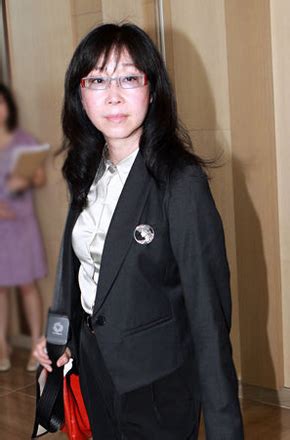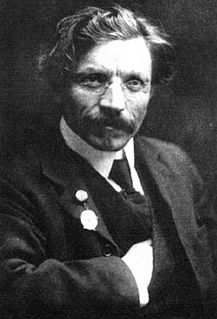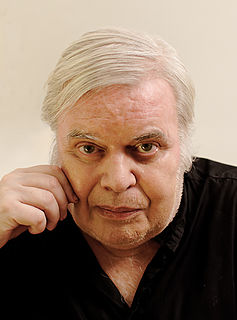A Quote by Jeane Kirkpatrick
I think that Ronald Reagan wanted to hear other people's views, and he always listened carefully, and from time to time he changed his own mind about a position. And especially he took pains to listen carefully to foreign leaders with whom he was dealing.
Related Quotes
Teach your children to listen carefully and to speak thoughtfully. The best way to teach this is to listen carefully and speak thoughtfully to your children, from the time they are babies. Take their questions and ideas seriously... learning to speak and listen as if our words matter is fundamental to education. Dialogue is not the same as mindless chatter. Above all, listen, listen, and listen to your kids.
Reagan took an approach to the Cold War dramatically different from any other US President. To wit, he thought we should win. This was a fresh concept. At the time, it was widely ridiculed as a dangerous alteration of US policy. Only after it worked was Reagan's dangerous foreign policy recast as merely a continuation of the policies of his predecessors.
In a gesture to moderate Republicans, Reagan put Bush on his '80 ticket, and Bush recognized that the Reagan crowd was rapidly becoming an overwhelming majority in the party. So he adjusted his views, served Reagan loyally and spent much of his vice presidency using his stature to convince conservative leaders they could trust him.
National Defense A strong USA defense brought down the Soviet Union. It was Ronald Reagan - first in a speech at Notre Dame University in May 1981, then his 'Evil Empire' speech of March 1983 - who most eloquently declared communism's imminent demise. Reagan was right. And even Soviet officials attribute Ronald Reagan's rhetoric and foreign policy to bringing down that 'evil empire.' By Christmas Day, 1990, the Soviet Union ceased to exist. Liberals wished it were other things.








































